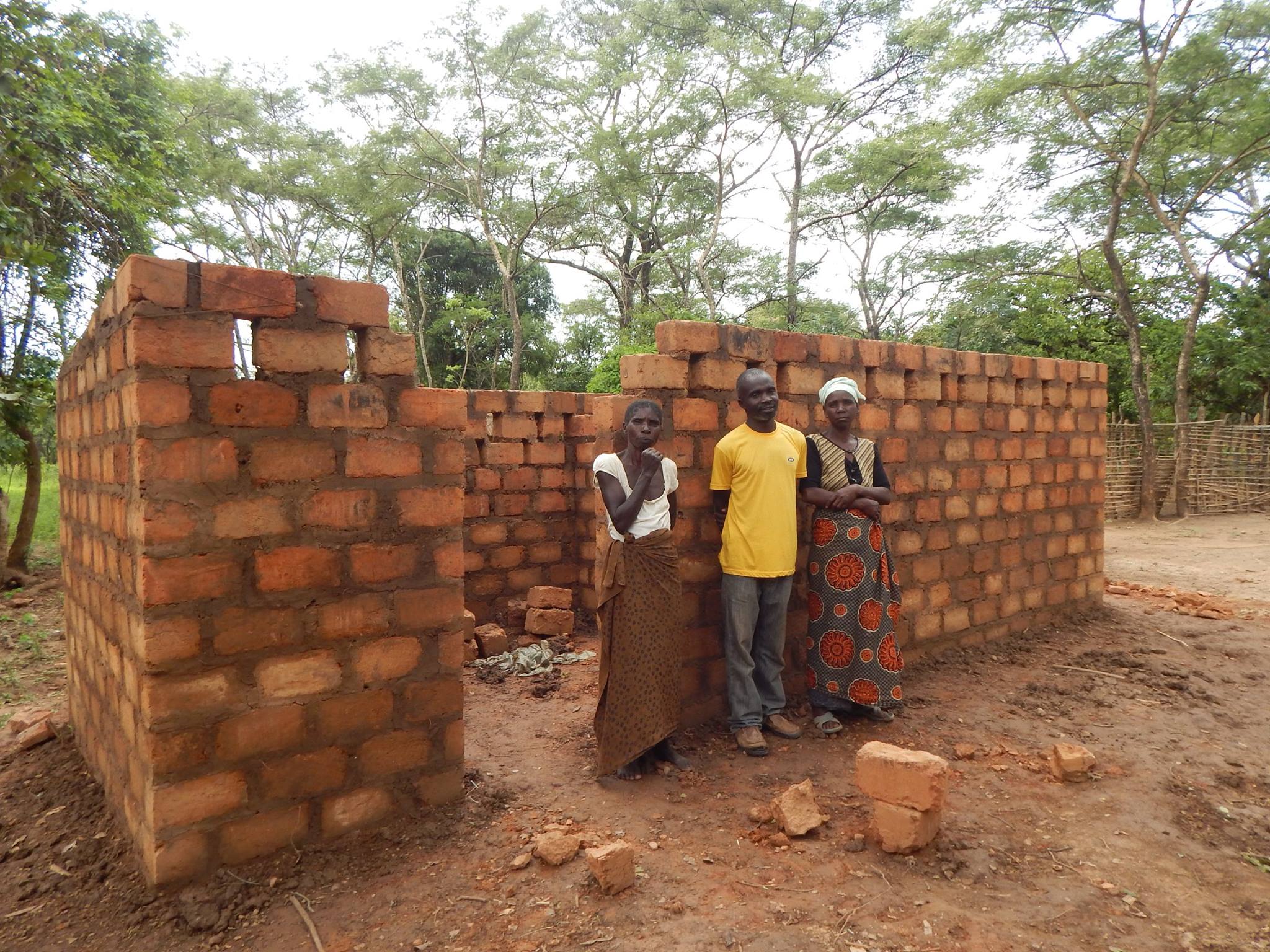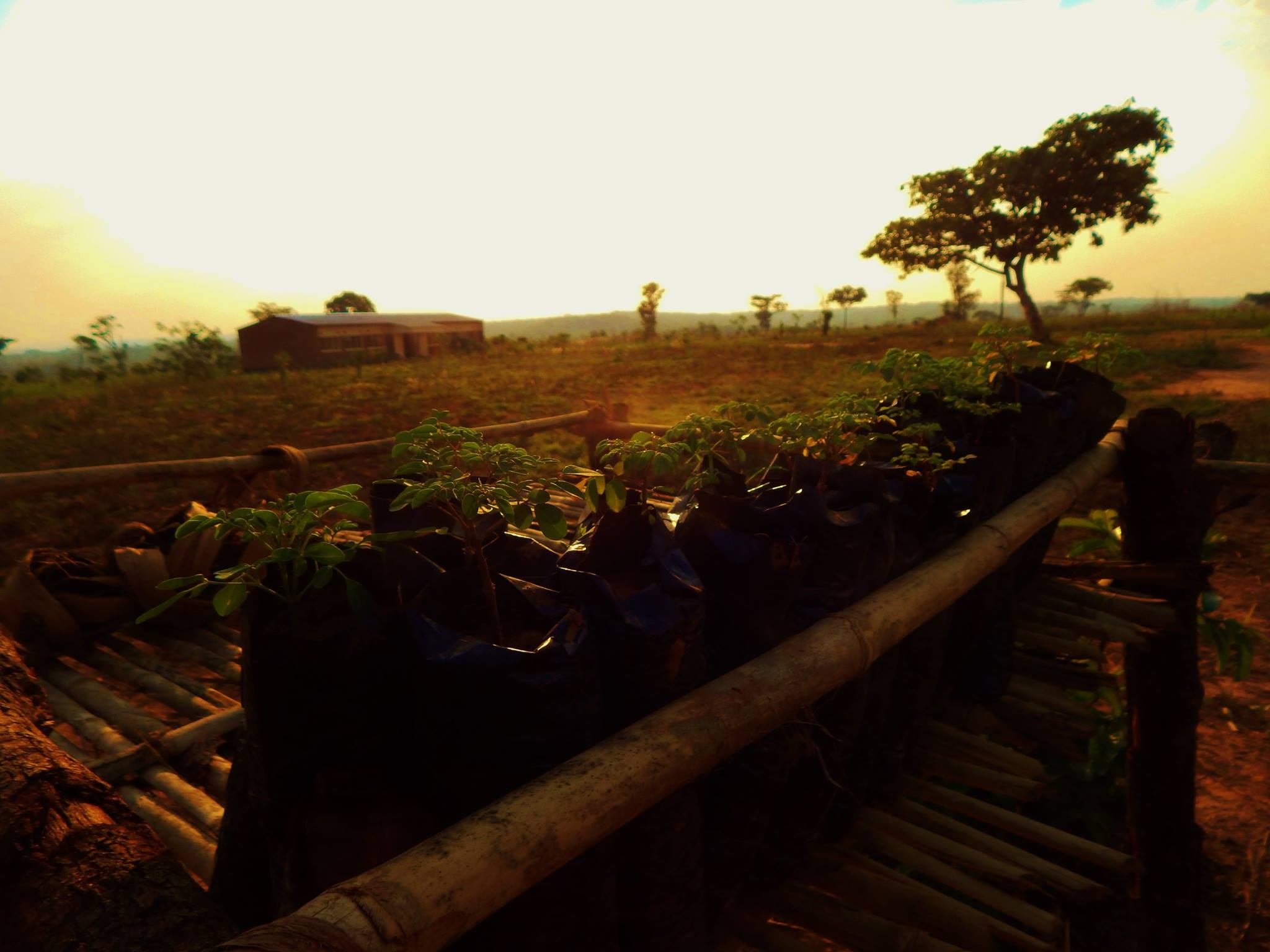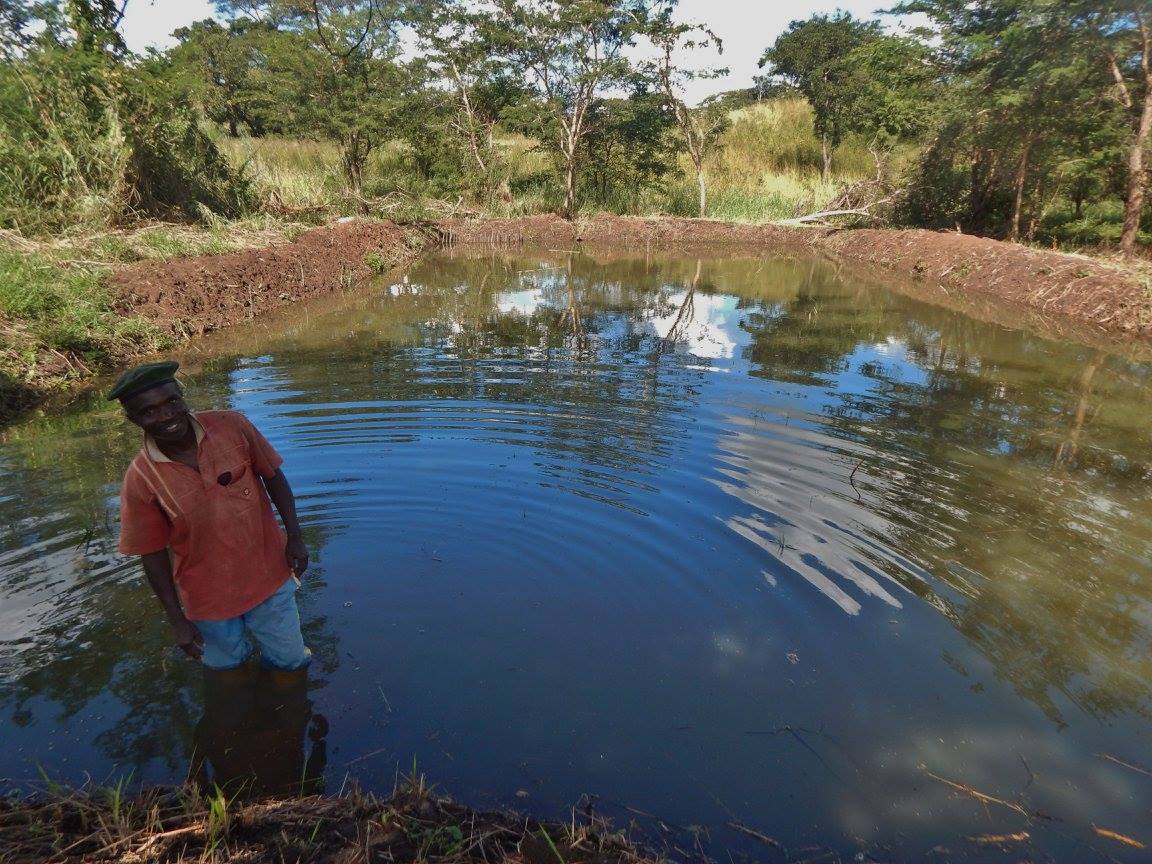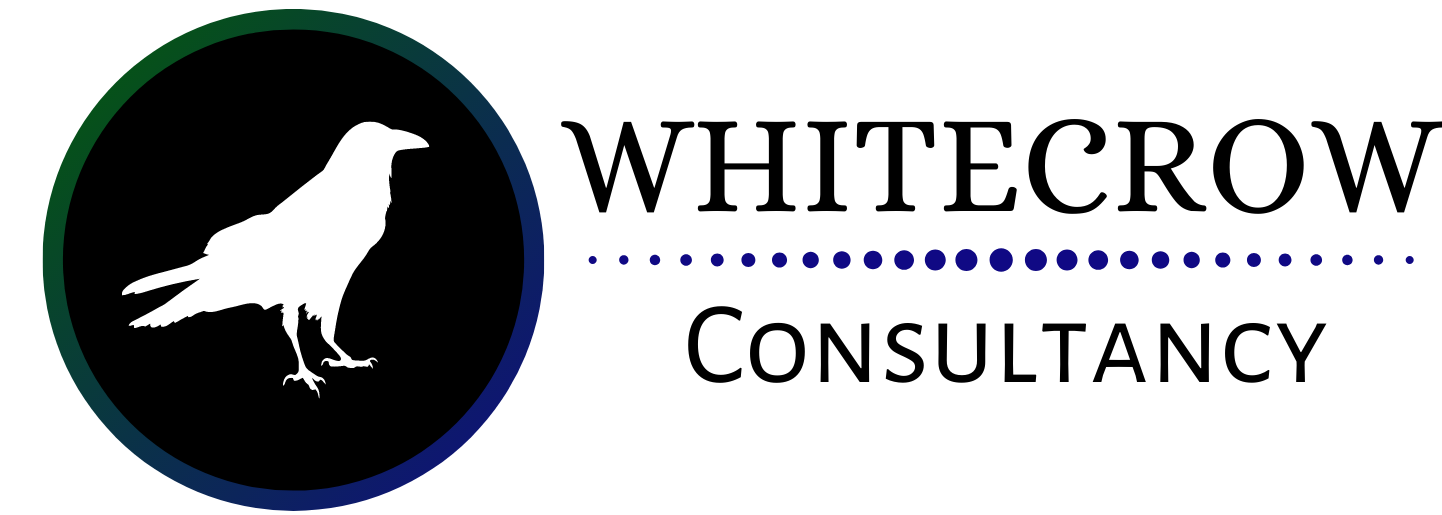HIV+ Living Group: Chicken & Fish Farm, Agroforestry Garden, and Avocado Oil Business
Location: Mwinilunga, Northwestern Province, Zambia
Site Assessment: An HIV+ Living Group was interested in moving away from the large-scale, labor intensive maize growing that was very common in the area. They were also interested in increasing their nutrition and incomes so they could send their children to school and create better lives for themselves. Approximately 8 hectares of land, a stream, and resources to build structures was available.
Feasibility Study: The closet market was far from this community and access to transport was limited. Therefore, it was crucial to develop business ideas that were locally feasible & demanded and that could be sold within the community/those that moved through the area.
Items that were not readily available to the community: meat, eggs, & other proteins, a diverse amount of vegetables, and cooking oil.
Project Implementation: Through the assessment and discussions with the group, it was decided that developing multiple business ideas that utilized local resources and the resources developed from the other businesses would be crucial.
Poultry Farming: A structure was built (utilizing natural resources around the area) in order to house an average of one hundred chickens for both eggs and meat. The manure was captured and stored for use in gardens and the fish ponds. The group both consumed and sold the poultry/eggs.
Fish Ponds: The group dug a pond, rerouted the local stream, and built compost feeding areas to create several fish ponds in the area. The chicken manure and extra leaves from the agroforestry project were used for feed.
Agroforestry: The group developed a garden beside the fish pond that included moringa & pigeon pea trees, and utilized a crop rotation plan to always have a wide variety of nutrient diverse plants available.
Avocado-Oil Business: Avocados were widely available in the community, but many were going to waste. The group processed the avocados in order to provide oil for use and to sell within the community.
Empowerment: The group was included in every decision and taught as projects were being implemented. This allowed for the empowerment process to be easy as he transitioned away from a co-leadership role. Today, all four projects are still being implemented and the inputs are almost non-existent. The group is able to not only increase the nutrition of themselves, but also of the community, while gaining income to improve their lives.



